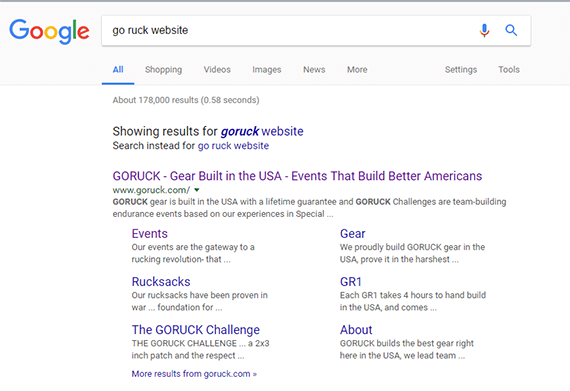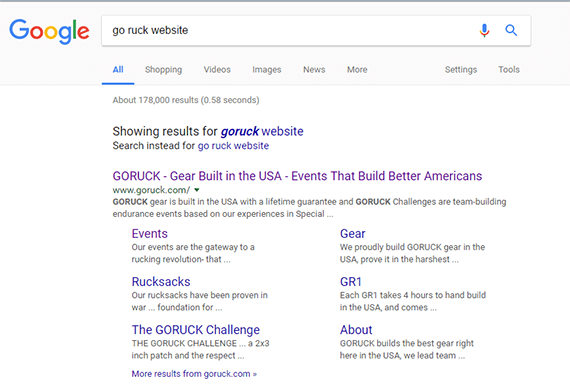Author: Armando Roggio / Source: Practical eCommerce Keywords are the language of search engine optimization, search engine advertising, a
Keywords are the language of search engine optimization, search engine advertising, and even search on a retailer’s own website. So the better an online store’s managers and marketers understand the intent behind a shopper’s keyword query, the better that store can respond.
Some search engine marketing firms — WordStream and Moz are examples — describe three or four categories of keyword intent, including navigational intent, informational intent, investigational intent, and transactional intent.
Each of these categories tell us something about the searcher and inform a business about how it might act.
Navigational Intent
When search engine users select keywords that include a company’s brand name or a specific description of a company, it is likely that those people want to navigate to the company’s website. It is also likely that they are already familiar with the company.
Here is an example of how a navigational search might get started.
Yesterday, say, a friend of yours tweeted about a GoRuck event in Portland, Ore. It sounded fun. But now, 24 hours later, you cannot find the tweet with the link. So you head to Google and search for “go ruck website.”

GoRuck is a retailer, but your search intent was clearly to get to the website. It was not to buy one of the company’s rucksacks.
From the ecommerce marketing perspective, it is important to rank well in search engine results pages for your own brand. But it may not be a good idea to buy ads around a keyword with navigational intent, as many of those searches will not likely produce immediate sales.
Informational Intent
The vast majority of search queries are seeking information. The user — the person searching — has a question and needs an answer. Think about your own searches on Google or on YouTube. Odds are good that most of the time you want information. Maybe you have a problem, so you search for a solution.
While keywords with informational intent are not likely to lead to a sale immediately, they represent an opportunity to engage with potential customers.
With this in mind, it can be a good idea to develop content on a blog or on YouTube that answers questions related…

COMMENTS